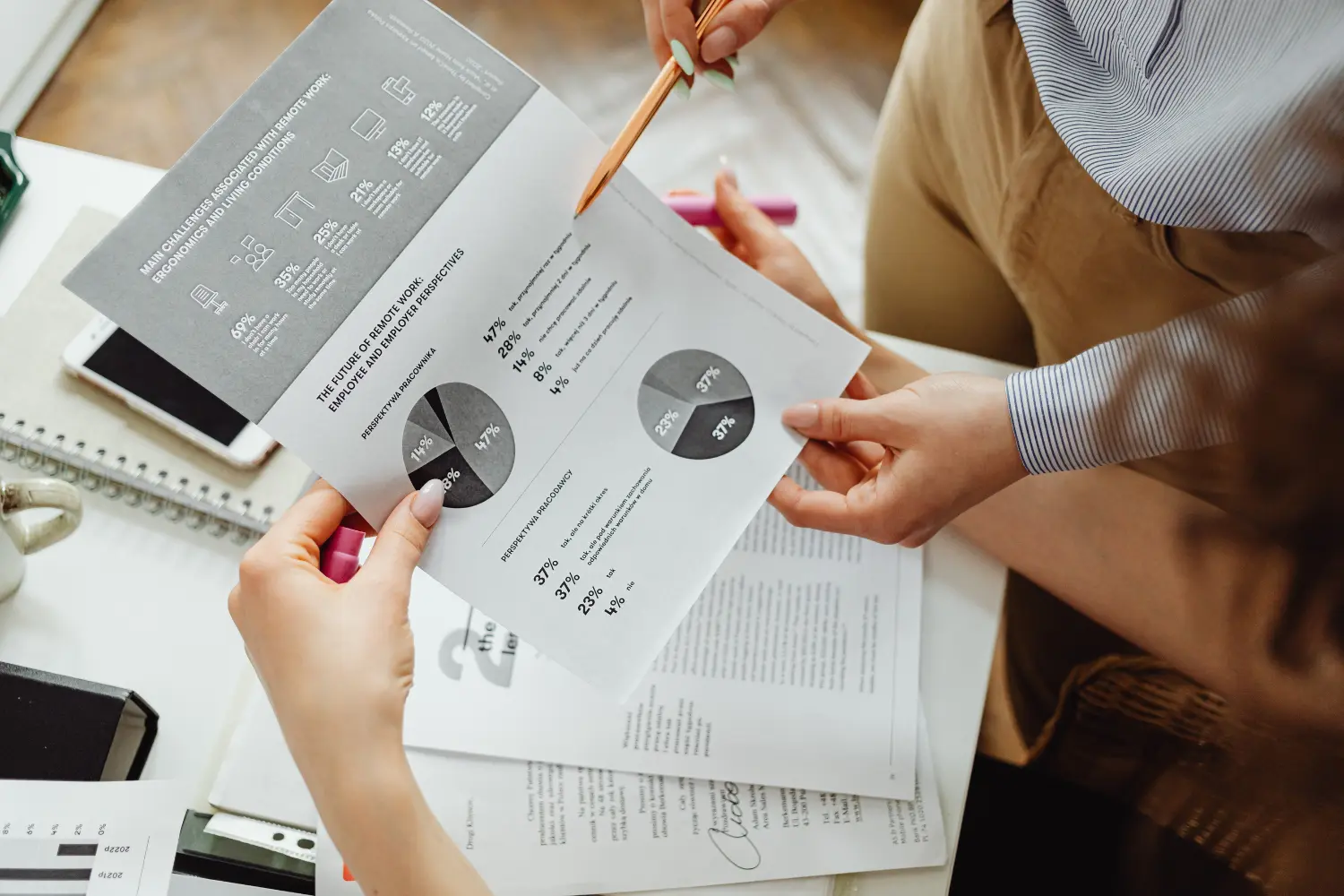If you are thinking of starting a business, you now need to market move fast, customers expect instant results, and competition never sleeps. Amid all that, one thing still makes or breaks a startup, how well you manage your money. Cash flow, expenses, invoice. That’s where mobile accounting steps in. It lets founders keep track of their finances anytime, anywhere from their phones. No piles of receipts, no chasing your accountant for updates, and no guesswork. That is what mobile accounting brings to the table. And in 2026, it is not just convenient – it is essential.
What is Mobile Accounting?
Mobile accounting means managing your business finances through a smartphone or tablet instead of a traditional computer setup. You can track income, record expenses, send invoices, approve payments, and see how much cash you actually have – all from a mobile app. Most of these apps are cloud-based, which means your data is stored safely online and updated automatically.
Why is Mobile Accounting important in 2026?
Today, the world of business moves faster than ever. Startups have to make quick decisions, sometimes in minutes, not days, and that is only possible when you know your financial situation at any given moment. Mobile accounting has become a silent game-changer this year because it provides:
- Instant access and real-time decisions
Many small businesses fail because they lose track of cash flow. With mobile accounting, that problem almost disappears. You can open an app and instantly see what is coming in, what is going out, and how much cash you have left. You don’t have to wait for monthly reports or your accountant is updates. This real-time insight helps you make better, faster decisions – whether it is investing in marketing or holding back on expenses.
- Perfect for Life on the go
If you are running a start-up, there may be incidents where you might be working from an airport, a café, or even your living room at midnight. Traditional accounting systems expect you to sit at a desk. Mobile accounting moves with you. You can send an invoice from anywhere just after closing a deal, upload a receipt before you lose it, or approve a payment while travelling. Instead of wasting time on the traditional paperwork, you can focus on your growth.
- Saves money and reduces human errors
Most startups don’t have the luxury of hiring a finance department. Often, one person handles everything – sales, marketing, and accounting and in such case, it is inevitable to avoid mistakes. Mobile accounting tools help automate repetitive tasks like reconciling bank transactions or reminding clients about overdue invoices. You know that less human error, fewer missed payments, and a lot more peace of mind.
- Always ready for investors and auditors
Any startup that plans to grow will eventually need funding. When investors ask for your financials, you can’t say, “Give me a week to sort it out.” They expect up-to-date numbers right away. With mobile accounting, you can pull up clean, current reports from your phone in seconds. The same goes for audits or tax filings – everything is organized and easy to share. That kind of financial hygiene builds trust and makes your business look professional, even in the early stages.
- Grows with you
A lot of founders worry that accounting software will become too complicated as they expand. The good news? Most mobile accounting platforms like Gbooks are built to grow with your business. You can start with basic features like invoicing and expense tracking, then add inventory, payroll, or project accounting later on. These apps also integrate with payment gateways, e-commerce stores, and CRMs, so everything connects smoothly.
How to get started without stress
The idea of switching systems can sound scary. But setting up mobile accounting is easier than it looks. You need to follow some basic steps:
- Pick a tool that fits your needs. Don’t just go for the biggest name. Look for one that feels intuitive on your phone and supports your country is tax rules.
- Connect your bank accounts. This lets the app update transactions automatically, saving you hours of data entry.
- Scan or upload past receipts. Bring your financial history into the system so you start with a clean record.
- Customize your invoices. Add your logo and set automatic reminders for late payments.
- Use it daily. Record expenses and check your dashboard regularly.
- Automate what you can. Set recurring invoices and reports. Let the app handle routine tasks while you focus on strategy.
- Review weekly. Take 10 minutes every week to glance at cash flow and outstanding bills. You’ll spot issues early and stay in control.
Common issues and how to avoid them
Switching to mobile accounting isn’t always smooth at first. You might run into a few hiccups – totally normal.
- Old habits die hard: If you or your team are used to spreadsheets, start small. Track only one thing – like expenses – before moving everything to the app.
- Internet troubles: Pick software that can work offline and sync later. That way, bad Wi-Fi doesn’t slow you down.
- Security worries: Always enable two-factor authentication and use strong passwords. Most apps use bank-level encryption anyway.
- Subscription fees: Some founders hesitate because of monthly costs. But when you compare it to the time saved (and fewer mistakes), it is well worth it.
- Overcomplicating it: Focus on what matters. You don’t need to use every feature on day one. Build up slowly.
Once you cross the first few weeks, it becomes second nature – like checking social media, but for your finances.
The Real Benefit: Clarity and Confidence
At its heart, mobile accounting isn’t just about numbers – it is about clarity about what and when you can see where your business stands at any moment, you make decisions with confidence. It helps you plan your next move without second-guessing. You can decide whether to hire, expand, or cut costs – because you have the facts right in your hand.
That sense of control is priceless. It removes the guesswork and anxiety that so many founders face.
Real-world examples
Take, for instance, a manufacturing startup in India specializing in pillow block bearings production. Such a company not only needs to manage raw material purchases and supplier invoices but also monitor inventory of housings and inserts. With mobile accounting, the founders can instantly update costs, project cash flow for orders, and respond quickly to market demand — all from their phone, whether they are on the shop floor or at a client meeting.
Final Thoughts
In 2026, startups that embrace mobile accounting are not just keeping up – they are staying ahead because it is simple, affordable, and gives you the visibility you need to grow smart. You can pick one good app like GBooks, work on it, get used to it, and make regular checking of your finances as routine as checking your messages.
At the end of the day, every great business runs on two things: good ideas and good numbers. Mobile accounting just helps you keep the second one under control – right from your pocket.
Download our mobile accounting app now
For android – https://play.google.com/store/apps/details?id=com.gbooks.io_app&hl=en_IN
For iOS – https://apps.apple.com/in/app/gbooks-accounting/id6748995315













Leave a comment